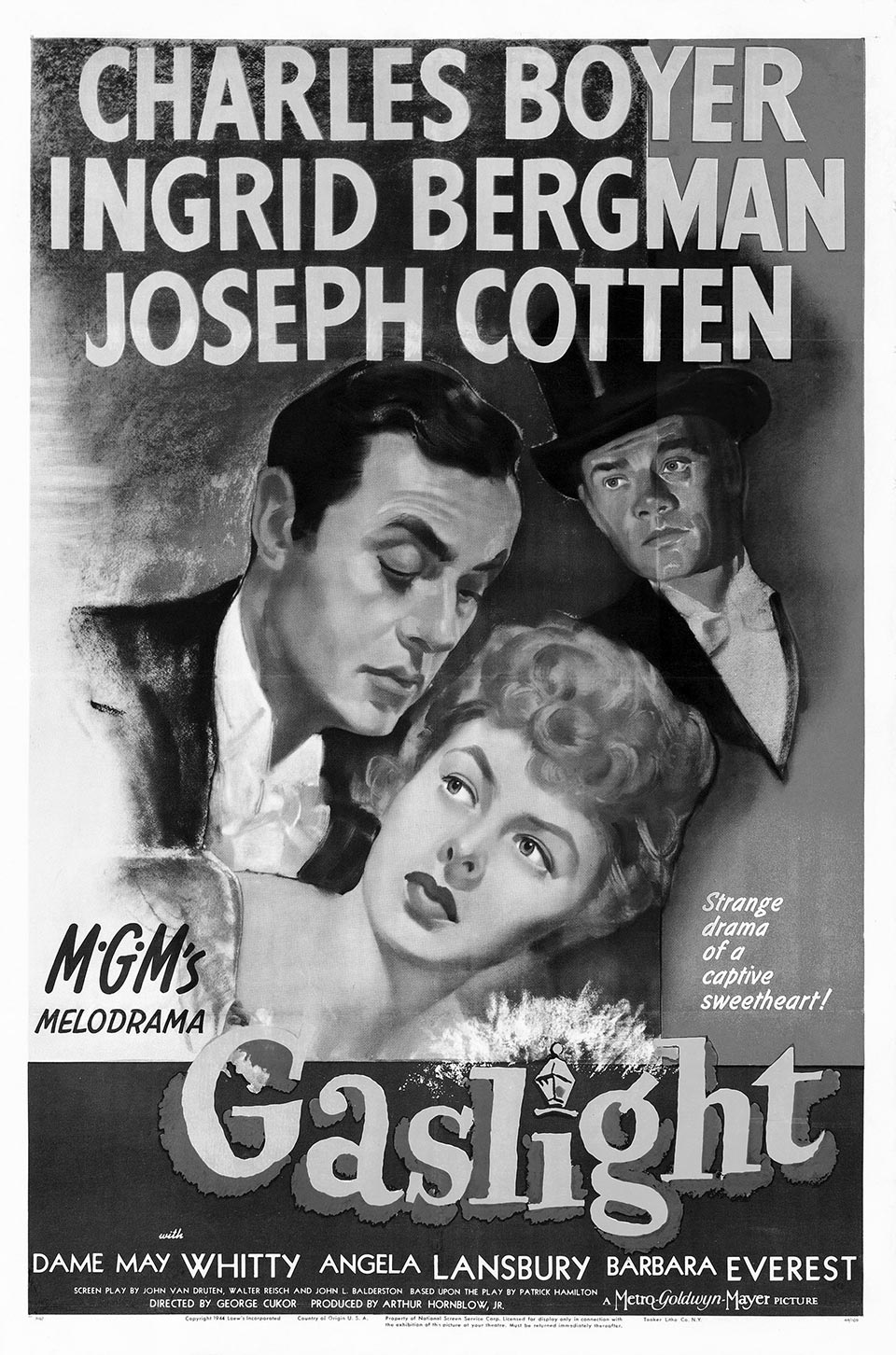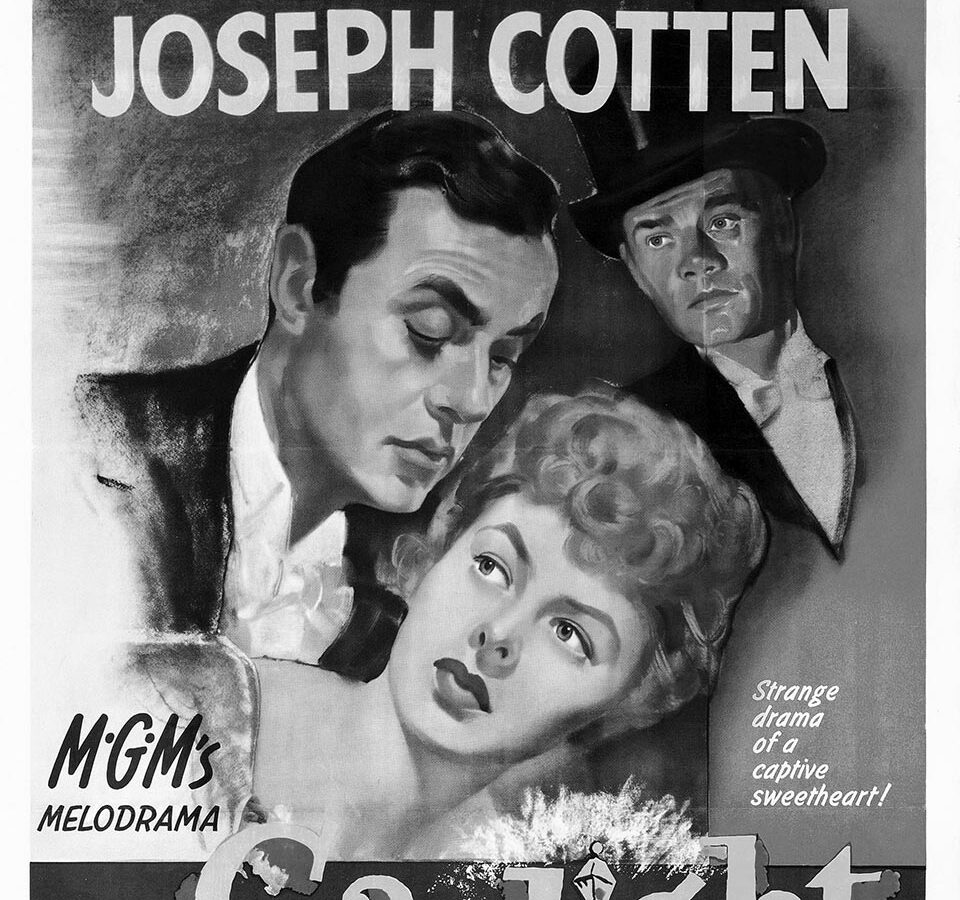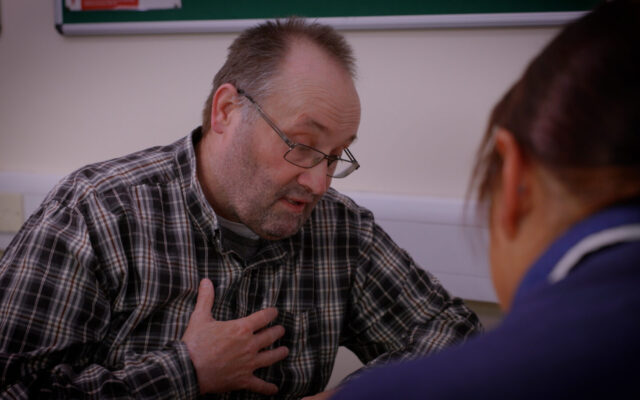
Gaslighting: a husband tricks his wife into doubting what her senses tell her in the 1944 film
I’ve heard that complaints about public services have gone down so people are happier, apparently. But I know, from sitting on the front line, that they are just tired.
Tired of poor governance, exhausted by continual cuts in the wrong budgets, fed up with short-term firefighting instead of meaningful longer-term planning and completely depressed that, despite working their hardest, the public sector is at its most chaotic and ineffective in memory.
I miss the good old days of Supporting People, the promise of Valuing People and the promise of more legal rights under the housing and care acts. Now I’m struggling to find the enthusiasm to fight the cause – and I’m usually one of the loudest.
Many have left the sector because they no longer feel welcome in our country; many have left because they just can’t do it any longer.
It feels as though we’ve all gone quiet and, sadly, the biggest organisation of them all, voted for by the people, doesn’t seem to be the least bit concerned.
Keeping the women away from the Jeremy Kyle show formed part of a person’s risk assessment and was on the agenda at every meeting
The toxic draw of Jeremy Kyle
Many years ago, I reviewed a housing provision for young mothers.
The majority had left school with no qualifications, had limited literacy and numeracy skills, little or no family support, and they were all vulnerable. Many had become young mothers as a result of coercion and abuse.
The staff reported that one of their biggest issues and a continual challenge was trying to keep the women away from the Jeremy Kyle show. It was such an issue that it formed part of a person’s risk assessment and was a standard agenda item at every house meeting.
The draw of being Jeremy’s “mate” and the opportunity to be on the small screen was too alluring to refuse.
They were whisked off in darkness when staff were not watching, provided with “free” hotel rooms stocked with a minibar and left to get themselves into as much trouble as possible.
It was evident that the research team actively sought out those seen as having lower intelligence, those with less of an understanding of the impact of publicly airing their most intimate details, those who had been dealt the worst of the cards.
The baying crowd mocked and cheered, watching this group of “idiots”, pitched against each other, the more humiliating the better.
So I wasn’t shocked by anything in the Channel 4 documentary exposing Kyle, Death on Daytime.
Those of us in the know could all see through the terrible levels of public abuse being played out in front of our eyes.
Gaslighting: is it being taught?
The concept of gaslighting – a type of manipulation intended to get a person to question their own reality – is new to me, and professional gaslighting even newer.
I’ve just had the misfortune of seeing an organisation in full professional gaslighting mode and, goodness, what a powerful tactic it is. I’ve even started to wonder whether it’s something they now teach on public sector management courses.
I’m dumbfounded by the amount of contradictory, misleading and downright false information we have been fed about one of my nearest and dearest who is desperately trying to move from a failing, ineffective low-security unit into supported living.
I’ve got a pretty clear head and am often employed to cut to the chase but this is like nothing I have ever experienced. At every level, we have had to go back to the council and remind them of what they’ve said previously, what their own deadlines were and, most depressingly, their duty as a local authority.
Staff produce emails with a jumble of “professional” words and acronyms, none of which has any real meaning.
What is most upsetting is the undercurrent of threat that, if poor documentation is challenged or concerns about any specific employee are escalated, this may hold things up and that it will be the family’s fault for causing trouble.
More than 2,000 people with a learning disability and/or autism are currently detained in assessment and treatment units, mostly against their family’s wishes.
Health commissioners are not taking any responsibility for it and no one can really get to the bottom of why it is never sorted out. Professional gaslighting is obviously a systemic problem.
Sitcom sets an example
I was late to the party with the TV series Schitt’s Creek, only giving in to the hype when our dear exiting editor Simon Jarrett convinced me that it was the only way to survive lockdown.
And oh, such a joy it was! Such a breath of fresh air compared to the usual American sitcom. I was really struck how it made such an impact by making gender and sexual preferences non-issues.
It was just there. I’ve always had an internal grapple about where we should draw the line between creating role models and being a little bit patronising.
Learning disability always seems to be so far behind everything else on the inclusion journey. How long until we no longer congratulate employers, TV producers and fashion labels for including people with learning disabilities, and just expect it?





